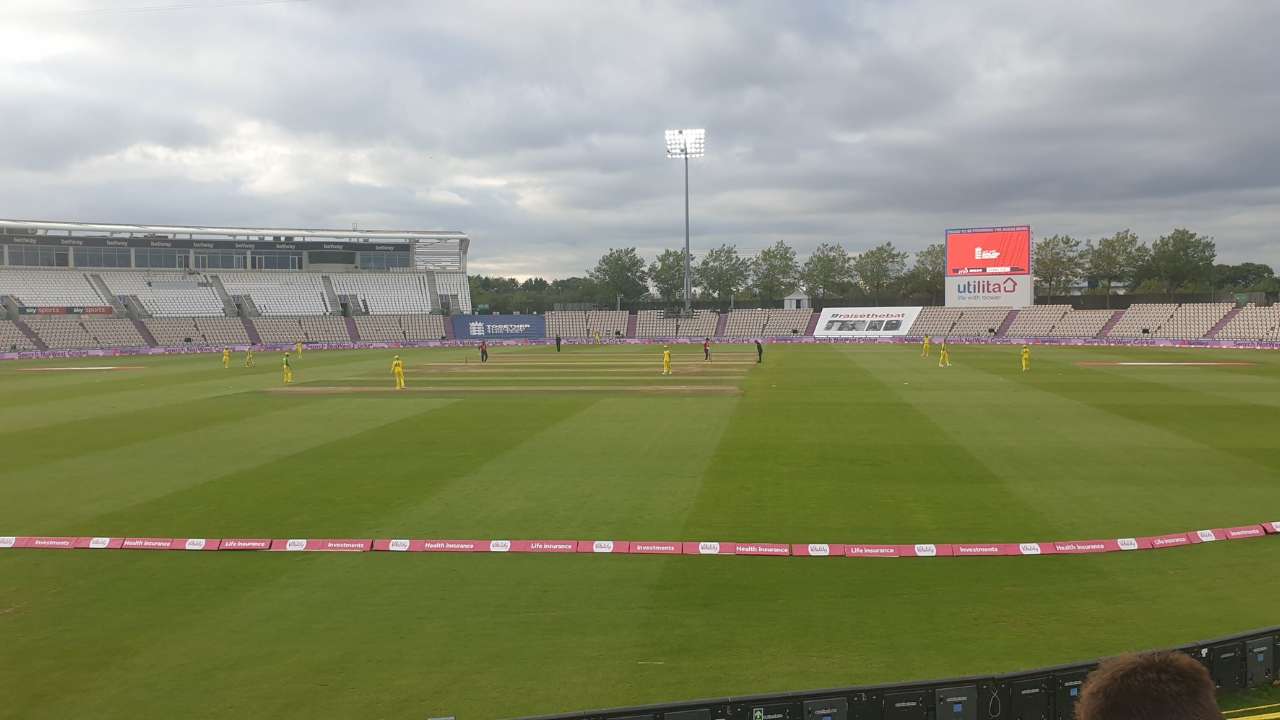Share
Written By
Edited By
DNA Web Team
Reported by
Siddharth Vishwanathan
The coronavirus pandemic proved to be catastrophic when it came to sporting events in the world in 2020. This year was considered to be a blockbuster sporting festival, with Wimbledon, French Open, Tokyo Olympics, ICC World T20 and several other gala events. Instead, the world saw sporting activities come to a complete standstill as the coronavirus wreaked havoc in the globe. The pandemic saw Wimbledon being cancelled, the French and US Open postponed and events like the Tokyo Olympics and the ICC World T20 pushed to 2021. When sports slowly returned back to the fold in July, the dynamics had changed entirely. Due to the coronavirus pandemic, the matches were played in a different manner and the atmosphere was surreal with no fans in attendance due to the risk of infection.
In 2020, due to the coronavirus pandemic, the world saw sporting events being operated in a different way. It also witnessed sportspersons changing their behavior in order to not get infected with the pandemic. Here are the new terms which the world got to see in 2020 due to the coronavirus pandemic.
Bio-Bubble environment
Due to the coronavirus pandemic, sporting events had to take place in a vacuum kind of an environment. Thus, the bio-bubble was created and it was an extraordinary creation. The bio-bubble was a safe and secure environment isolated from the outside world to minimise the risk of COVID-19 infection. It permitted only authorised sports persons, support staff and match officials to enter the protected area after testing negative for COVID-19. The bio-bubble would be the ground and the hotels in which players could stay after permission from authorities.
Individuals were to be regularly tested, temperature checked with respective health report. Players staying in different hotels were advised to order food to their individual rooms and avoid common areas. Physical distancing and masks were made compulsory, even while interacting with others within their bubble. Teams were allowed to hold meetings outdoors to adhere to physical distancing norms. In fact, players were not allowed to meet their families or friends. This resulted in plenty of fatigue for players, who were getting bored with the mundane and monotony of living alone in isolation.
New Normal – Behind closed doors
Perhaps, this term defined 2020 when it comes to the coronavirus pandemic. Sporting events, which are largely defined by the large number of fans in the stadiums, were silent in 2020. In majority of sporting events, the matches were played behind closed doors, meaning no fans would be permitted to enter the stadium. This was the ‘new normal’ for sporting individuals. The sight of empty stadiums was sad but necessary as the pandemic was severe. The only exception was New Zealand and to a certain extent Australia, where crowds did turn up as both nations had success in combating the coronavirus pandemic, more so for New Zealand. The country hosted a Rugby tournament and has seen fans attend in the thousands in cricket. Now, football stadiums are bringing back some fans but the capacity is down by a massive margin.

Social distancing with a twist
In cricket or for that matter any team sport, a celebration of an event would be joyous hugging, handshakes and high-fives. However, the coronavirus pandemic changed all that. Now, there is only a fist pump and no physical touching whenever an event happens. In cricket, players had to take care of their own belongings and not give it to the umpires, which was the normal norm. In the ‘new normal’ of the coronavirus pandemic, sporting personalities did their social distancing on the field with a new twist.
Quarantine in isolation
In the past, especially when it came to cricket, players would visit a foreign country well in advance to get acclimatised to the conditions. However, in 2020, whenever players would go abroad, they would have to serve out a quarantine period in isolation. First, they would have get tested twice or thrice according to the standard operating procedure set out by the Cricket Board .When the Indian cricket team entered Australia, they had to serve out a mandatory 14-day quarantine in isolation as set out by the Government. When Pakistan and West Indies entered England, they had to be in quarantine for close to 10 days. In New Zealand, teams had to be in total isolation for 14 days.
Getting quarantined and moving from one bio-bubble to the other was the new dynamics of sporting events in 2020 due to the coronavirus pandemic. Once the quarantine period got over, players could practice but still they would have to be in the bio-bubble environment and not mingle around with the general public.
In a way, the coronavirus pandemic has forever changed the way sporting events are conducted and it might take some time for fans and players to think about the old times when players would play freely and fans would attend the stadium in massive numbers.
